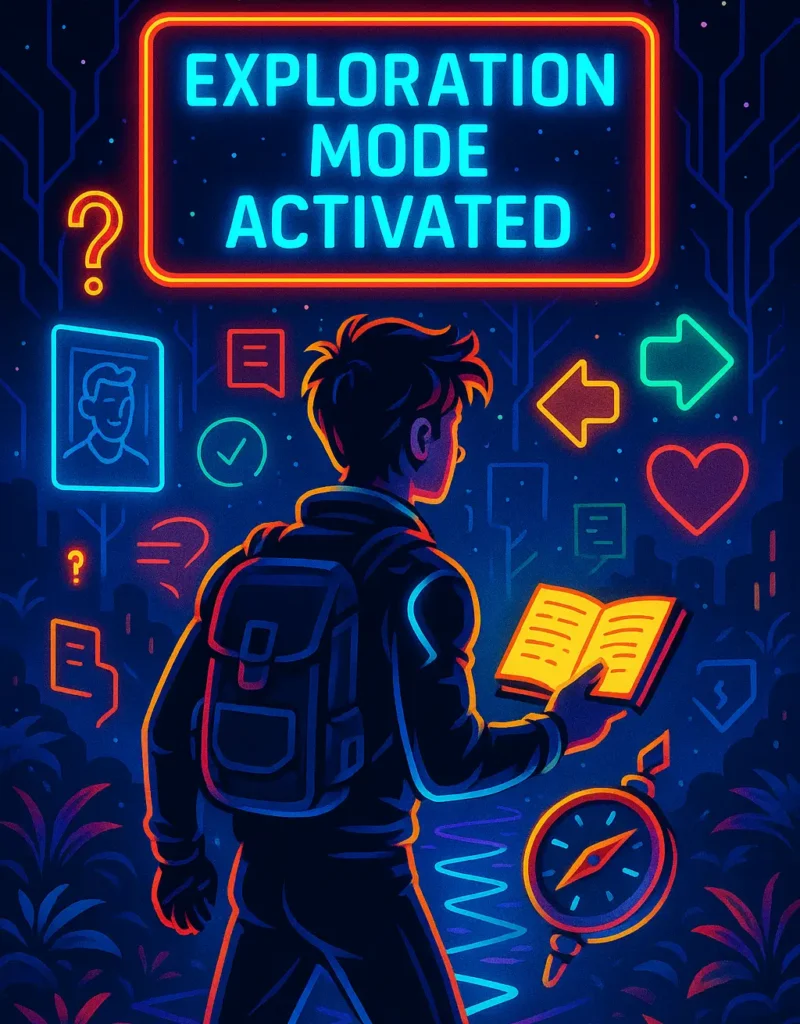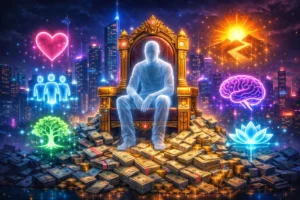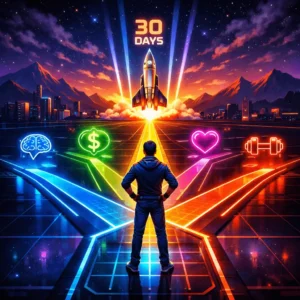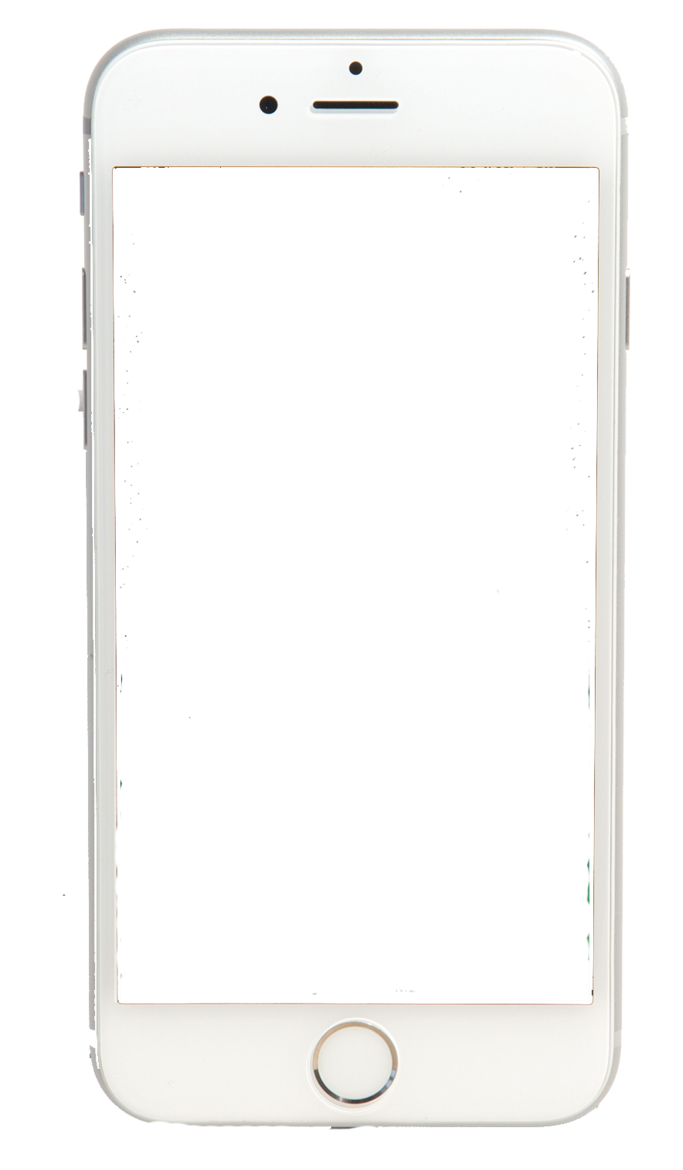Ever scroll through social media at 2 AM, watching everyone else seemingly have their lives figured out while you’re left wondering, “What am I even doing with my life?” You’re not alone. Recent studies show that 75% of young adults report feeling lost in life at some point. With many experiencing what researchers call “quarter-life crisis” – that overwhelming sense that time is slipping away and you’re not where you’re supposed to be.
But here’s what those curated feeds don’t show you: feeling lost isn’t a personal failure—it’s actually your brain’s way of signaling that you’re ready for meaningful change. The difference between those who stay stuck and those who find their way isn’t luck or privilege—it’s having a systematic approach to navigate life’s uncertainty.
Whether you’re thinking “i feel like i’m wasting my life” or constantly asking yourself “why do i feel lost in life,” this guide provides seven science-backed steps that transform confusion into clarity and direction.
Upgrades You’ll Gain:
- A systematic framework to identify your authentic values and passions
- Evidence-based strategies to overcome decision paralysis and take meaningful action
- Practical tools to create your custom roadmap out of feeling lost
The Hidden Cost of Feeling Lost in Life:
When you’re feeling lost in life, the impact extends far beyond just feeling confused about your next steps. Psychological research reveals that prolonged periods of directionlessness trigger a cascade of effects across multiple areas of your wellbeing.
Dr. Viktor Frankl’s groundbreaking research on meaning showed that humans can endure almost any hardship when they have a sense of purpose, but struggle with even minor challenges when they feel directionless. Modern neuroscience has confirmed this: when we lack clear goals and direction, our brains default to anxiety-producing thought patterns, making it harder to think clearly and take productive action.
The good news? Understanding what to do when feeling lost in life becomes much clearer when you realize that this feeling often emerges during periods of transition—starting your career, changing jobs, ending relationships, or simply outgrowing old versions of yourself. Your confusion isn’t a sign you’re broken; it’s evidence you’re evolving.
Related: What Should I do with My Life
7 Science-Based Steps to Stop Feeling Lost and Find Your Direction
Conduct a Life Audit Using the 5 Core Areas Framework
The first step in how to stop feeling lost in life is gaining clarity on where you actually stand. Most people feel overwhelmed because they’re trying to fix everything at once. But research shows that life satisfaction stems from balance across five key areas: Mindset, Career & Finances, Relationships, Physical Health, and Emotional & Mental Health.
Practical Implementation:
- Rate Each Area (1-10): On a scale of 1-10, honestly assess where you stand in each core area. Write down specific reasons for your ratings.
- Identify Your Lowest Score: This is likely where your sense of being lost originates. Don’t try to fix everything—focus here first.
- Ask the Why Question: For your lowest-rated area, ask “What specifically makes me feel stuck here?” Write down 3-5 concrete examples.
- Weekly Check-ins: Every Sunday, spend 10 minutes reassessing these areas. Small improvements compound over time.
For example, if your Career & Finances scored lowest at a 4, you might identify specific issues like “I don’t use my strengths,” “My work doesn’t align with my values,” or “I’m not growing professionally.”
Read More: Areas of Life to Set Goals
Identify Your Core Values Through Real-Life Reflection
Feeling lost often happens when your actions don’t align with your authentic values. But most people struggle to identify their real values because they’ve been influenced by family expectations, social media comparisons, or societal “shoulds.”
Practical Implementation:
- Energy Audit: For one week, notice when you feel most energized vs. most drained. Keep a simple notebook and jot down these moments.
- Peak Moments Analysis: Write down 5 times in your life when you felt genuinely proud and fulfilled. Look for common themes.
- Frustration Patterns: Identify 5 situations that consistently frustrate you. Often, these reveal violated values (e.g., being micromanaged might reveal you value autonomy).
- Values Testing: Pick your top 3 suspected values and make one small decision this week based on each. Notice how it feels.
If you felt most alive when leading a volunteer project but drained when stuck in endless meetings, you might value meaningful impact and autonomy over status and rigid structure.
Reframe “Lost” as “Exploring” – The Growth Mindset Shift
Neuroscience research shows that how we interpret our circumstances directly impacts our brain’s ability to find solutions. When you tell yourself “i feel like i’m wasting my life,” you’re activating neural pathways associated with helplessness. But reframing this as exploration activates creativity and problem-solving networks.
Practical Implementation:
- Language Swap: Replace “I’m lost” with “I’m exploring.” Replace “I’m wasting time” with “I’m gathering data.”
- Daily Evidence Collection: Each evening, write down one thing you learned about yourself that day, no matter how small.
- Exploration Journal: Keep a weekly journal asking: “What did I discover about what I like/dislike this week?”
- Patience Practice: When anxiety about the future hits, remind yourself: “This uncertainty is temporary and necessary for finding my authentic path.”
This isn’t about forced positivity—it’s about strategic brain rewiring. Each experience, even confusion, provides valuable information about what does and doesn’t work for you.
Read More: How to work on Yourself
Create Small Experiments Instead of Big Commitments
One reason people stay lost in life is they feel pressure to make huge, life-altering decisions when they’re already overwhelmed. Research on decision science shows that small, reversible experiments reduce anxiety and provide clearer data than trying to plan your entire future at once.
Practical Implementation:
- The 2-Week Rule: Instead of major life changes, commit to trying something new for just 2 weeks.
- Low-Stakes Testing: Want to explore a new career? Start with informational interviews, not job applications. Curious about writing? Start a blog, don’t quit your job to write a novel.
- Monthly Experiments: Each month, try one small experiment related to your interests. Track what energizes vs. drains you.
- Permission to Quit: Give yourself explicit permission to stop any experiment that isn’t working. This reduces pressure and makes starting easier.
Examples: Take one online course, volunteer for 4 hours, shadow someone for a day, join one professional meetup, or dedicate 30 minutes daily to a new skill for two weeks.
Read More: Small Changes Lead to Big Results
Build Your “Momentum Network” – Strategic Relationship Mapping
Research consistently shows that our relationships significantly influence our sense of direction and possibility. When you’re feeling lost, you need people who can offer perspective, support, and sometimes just remind you of your strengths when you can’t see them clearly.
Practical Implementation:
- Network Mapping: List people in your life under three categories:
- Energizers: People who make you feel capable and excited
- Connectors: People with diverse networks who introduce you to opportunities
- Mentors: People 5-10 years ahead of where you want to be
- Gap Analysis: Identify which category needs the most attention in your life.
- Monthly Outreach: Reach out to one person each week just to catch up—no agenda except genuine connection.
- Value-First Approach: Before asking for help, think about how you can add value to others’ lives.
Start with people you already know who fit these categories, then gradually expand your network through introductions and shared interest groups.
Design Your “Failure Resume” for Clarity
Stanford psychologist Carol Dweck’s research on learning from failure inspired this powerful exercise. Your failure resume lists rejections, failures, and wrong turns—but frames them as data that clarified what you don’t want and taught you valuable lessons.
Practical Implementation:
- List Your “Failures”: Write down jobs you hated, relationships that didn’t work, projects that failed, decisions you regret.
- Extract the Lessons: For each item, ask:
- What did this teach me about my values?
- What skills did I actually develop?
- How did this redirect me toward something better?
- Find the Patterns: Look for themes in what consistently doesn’t work for you. This is as valuable as knowing what does work.
- Rewrite Your Story: Transform each “failure” into a learning experience that was necessary for your growth.
This exercise transforms “why do i feel lost in life” from self-criticism into valuable self-knowledge. Every wrong turn was actually gathering data about your authentic path.
Read More: How to Manage the Fear of Failure
Create Your “Next Right Step” Action Plan
What to do when feeling lost in life becomes clearer when you focus on the next right step rather than the perfect life plan. Research on goal-setting shows that clarity emerges through action, not just contemplation.
Practical Implementation:
- Define Your Next Right Step: Based on everything you’ve learned about yourself, identify one specific action you can take this week that moves you toward better alignment.
- Make It Concrete: Instead of “explore new careers,” try “schedule two informational interviews this week.”
- Set Up Success Systems: Put your action on your calendar, tell someone about it, or create environmental cues that make follow-through easier.
- Weekly Planning: Every Sunday, identify your next right step for the coming week based on what you learned the previous week.
Examples: Have a difficult conversation you’ve been avoiding, sign up for a class related to your interests, volunteer in an area you’re curious about, or simply block out 2 hours weekly for self-reflection and planning.
Read More: How to Take Action
Leveraging AI for Personalized Guidance
While the steps above provide a solid foundation, artificial intelligence can accelerate your journey out of feeling lost by offering personalized insights and creative solutions you might not discover on your own.
AI-Enhanced Self-Discovery Strategies:
For Life Auditing: Use AI to help you identify patterns in your responses. Share your ratings and reasons for each core area, then ask for insights about which area to focus on first and why.
For Values Clarification: Describe your peak moments and frustrations to an AI assistant. Then ask it to help you identify underlying values patterns and suggest ways to honor these values in daily decisions.
For Experiment Design: When you’re interested in exploring something new but feel overwhelmed, ask AI to design 5-10 small, low-risk experiments you could try to gather data about whether this direction feels right.
For Network Building: Describe your interests and goals. Ask AI to suggest specific types of people you should prioritize connecting with and strategies for finding and approaching these connections authentically.
Sample AI Conversation Starter: “I’m feeling lost in life and have identified that my career satisfaction is a 4/10 because I don’t feel like I’m using my strengths or working toward meaningful goals. My peak moments involve helping others solve problems and creating systems that make things run more smoothly. Based on this, what are 3 small experiments I could try this month to explore career directions that might be a better fit?”
The key is using AI as a thinking partner that helps you process information and see patterns, not as a decision-maker. The insights you generate become the foundation for building momentum toward authentic direction.
Real-World Example: Marcus’s Journey from Lost to Launched
Marcus, a 28-year-old software developer, spent two years feeling like he was “wasting his life” in a high-paying job that left him feeling empty. His life audit revealed that while his finances were solid, his sense of purpose and creativity were nearly nonexistent.
Through values reflection, Marcus discovered that his peak moments involved teaching others and solving complex problems. While his biggest frustrations came from working in isolation on projects he didn’t understand the purpose of. Instead of immediately quitting his job, Marcus started small experiments. He began mentoring junior developers, started a coding blog to explain complex concepts simply, and volunteered to teach basic computer skills at a local community center.
These experiments revealed that Marcus thrived when combining his technical skills with education and mentorship. Rather than making a dramatic career change, he transitioned within his company to a developer advocate role, then eventually started consulting for educational technology companies.
The transformation took 18 months, but each small step built clarity and momentum. Marcus didn’t need to have his entire future figured out. He just needed to take the next right step based on what he was learning about himself.
Conclusion: Feeling Lost in Life
Feeling lost in life isn’t a destination—it’s a temporary way station on your journey toward a more authentic version of yourself. The discomfort you’re experiencing right now is actually your inner wisdom signaling that you’ve outgrown your current circumstances and are ready for something more aligned with who you’re becoming.
Remember, finding your direction isn’t about discovering some predetermined path that was always meant for you. It’s about actively creating a life that honors your authentic values, leverages your unique strengths, and contributes meaningfully to something beyond yourself. The seven steps in this guide provide a systematic approach to transform confusion into clarity. But the real magic happens when you commit to the process.
The path out of feeling lost isn’t linear—expect setbacks, course corrections, and moments of renewed confusion. That’s not failure; that’s growth. Every successful person you admire has navigated periods of uncertainty, and what separated them from those who stayed stuck wasn’t superior intelligence or luck—it was persistence in taking the next right step, even when the final destination wasn’t clear.
Your current sense of being lost is temporary, but the self-awareness and direction-finding skills you develop through this process will serve you for life. Start with just one step—conduct your life audit, reflect on your values, or design one small experiment. The key is starting, not being perfect.
The life you’re meant to live is waiting on the other side of this uncertainty. You have everything you need to begin finding your way.
✨ YOUR PERSONALIZED LIFE DIRECTION SYSTEM IS JUST A FEW CLICKS AWAY
You’ve discovered powerful strategies for navigating life transitions. However, what to do when feeling lost in life becomes clearer when you have a approach that grows with you. This framework is powered by the Moore Momentum System’s Habits Coach AI—an AI-driven platform that transforms confusion into clarity across all 5 Core Areas of Life.
Instead of feeling overwhelmed by generic advice, HabitsCoach.ai personalizes every strategy to your unique strengths, challenges, and goals. Whether you’re feeling lost in your career, relationships, or overall direction, the system helps you identify your “Golden Habits”.






